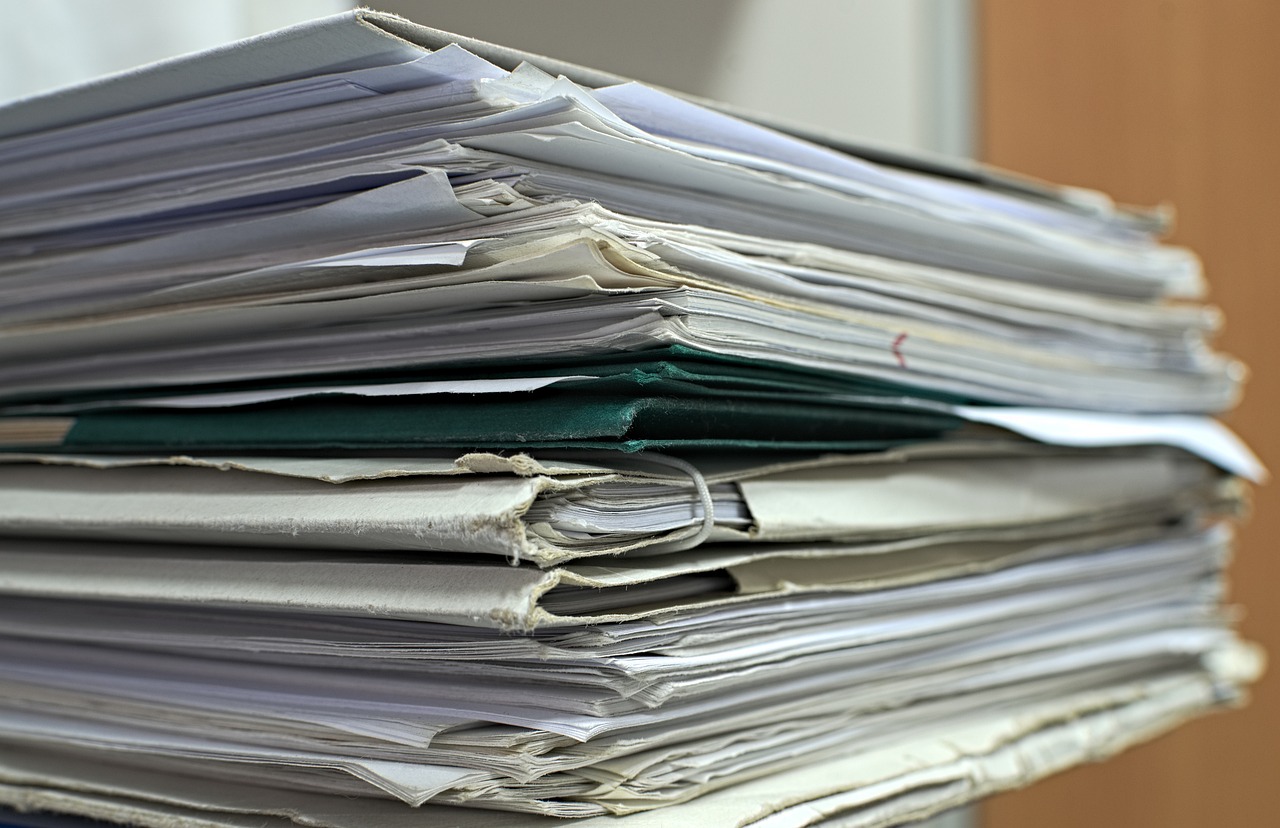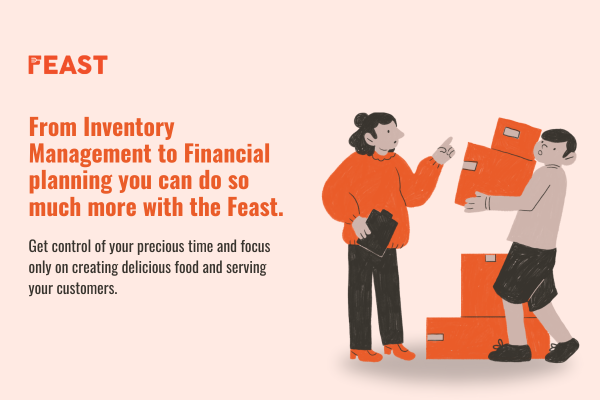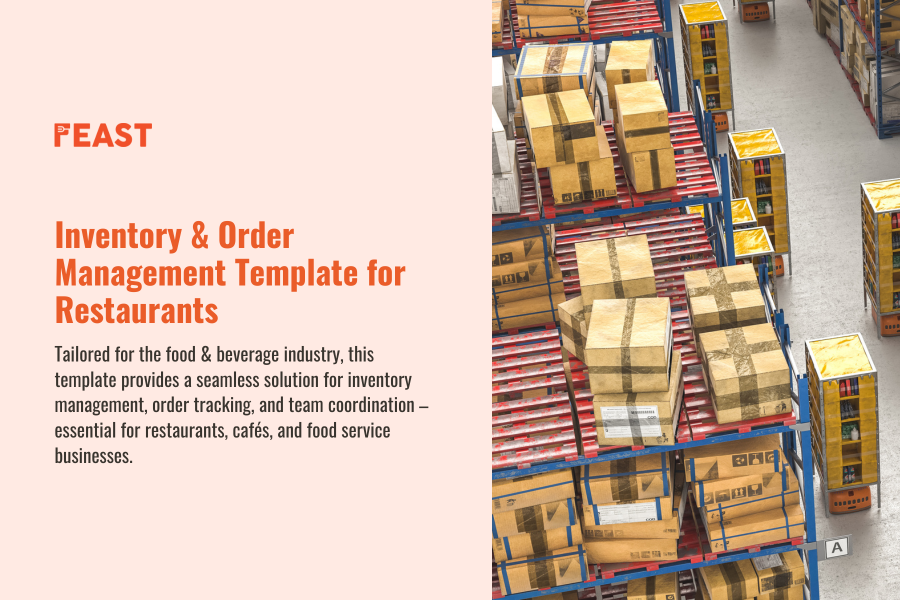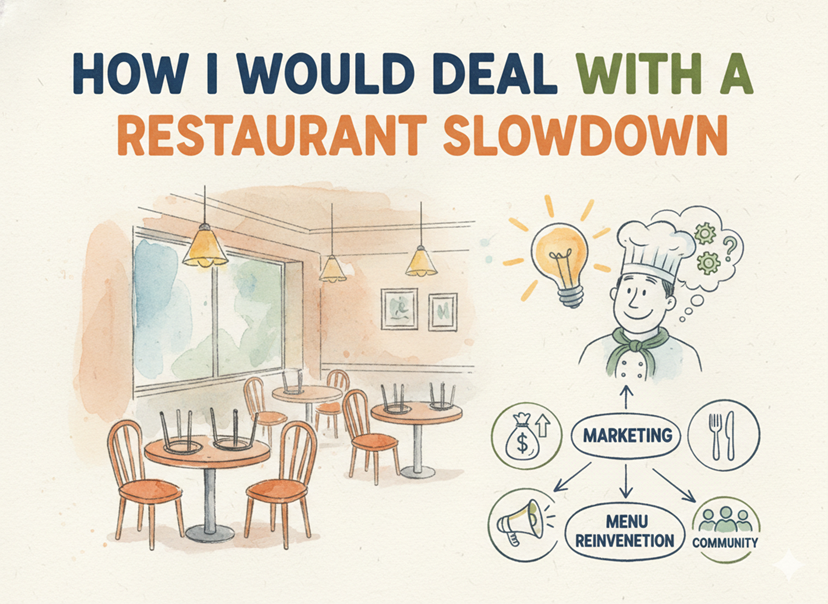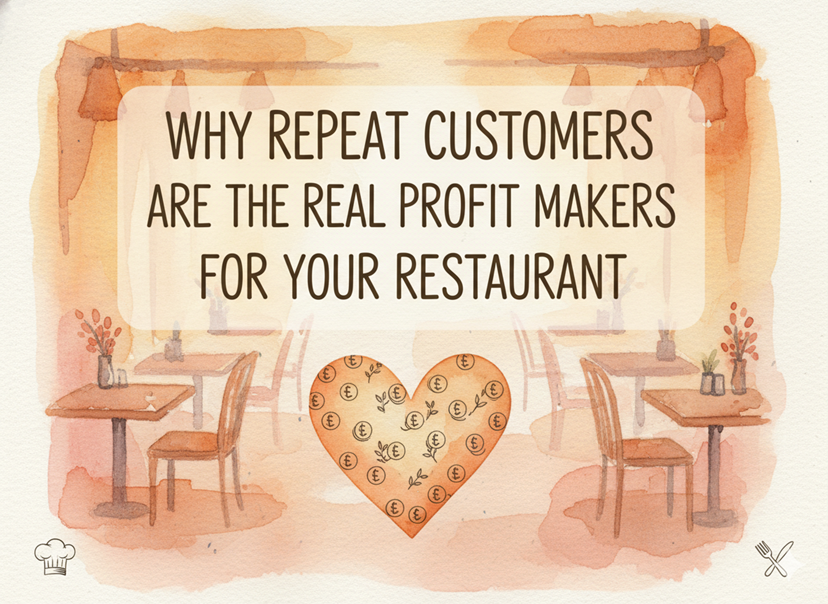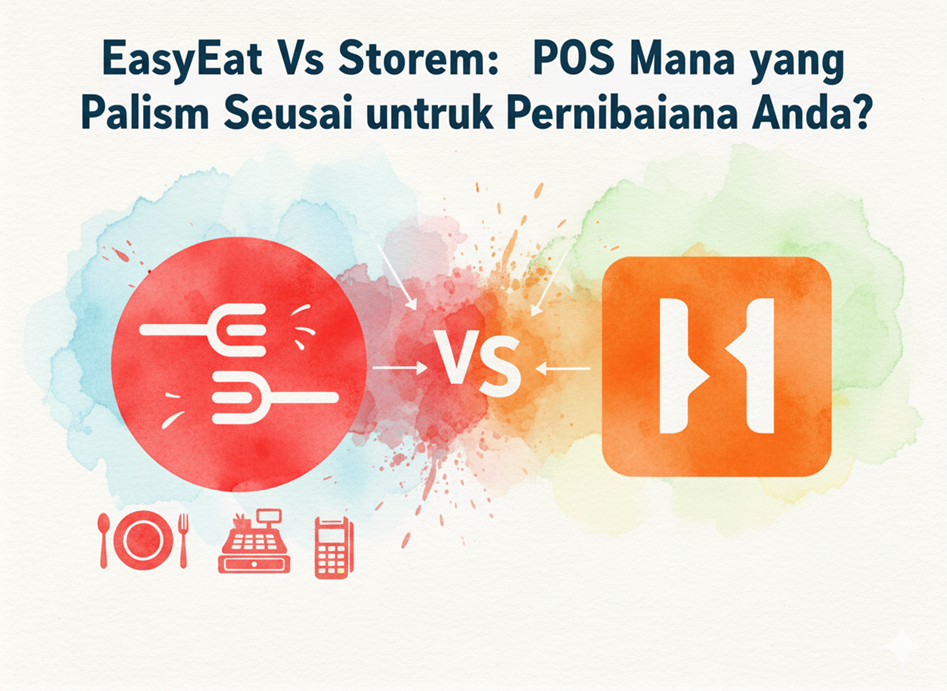As a restaurant owner, you may have heard about e-invoicing being implemented in Malaysia. But is it mandatory in Malaysia, and how does it impact your business? As of 2025, 3 phases of e-invoicing have been rolled out, and it is mandatory for businesses having an annual turnover between RM 5 million to RM 100 million or more to comply with the rules. We have discussed the phases in which e-invoicing has been rolled out; you can check whether your restaurant needs to comply too. Lastly, we have spoken about e-invoicing solutions provided by EasyEat that can make all the paperwork simple for you.
What is the Meaning of E invoicing?
E-invoicing is the electronic generation, sending, receiving, and processing of invoices in a structured digital format. Instead of manually creating and sending paper invoices, everything happens online. This process makes invoicing faster, more efficient, and easier to manage for both businesses and customers.
Who Needs to Do E-Invoicing in Malaysia?
In Malaysia, the government is gradually rolling out e-invoicing in a phased manner as part of its push towards digital transformation and tax compliance. E-invoicing is part of the government’s MyInvois initiative, announced in the 2023 Budget. As of 2025, Businesses whose annual turnover is between RM 25 million to RM 5 million need to adopt E-invoicing.
Benefits of E-Invoicing for Restaurants
Even if e-invoicing isn’t currently mandatory for your restaurant, switching to an electronic system for invoice processing has many benefits. Here are some key advantages:
1. Improved Efficiency
Handling paper invoices can be time-consuming. You have to manually write, print, and send them, and later manage the records. E-invoicing eliminates this manual work. Once you switch to e-invoicing, you can automate the creation, delivery, and archiving of invoices. This can save a lot of time that you can use to focus on your customers.
A survey by PwC shows that businesses can reduce invoice processing time by up to 80% with e-invoicing.
2. Faster Payments
With traditional paper invoicing, there’s often a delay in payments. Invoices might get lost, misplaced, or stuck in the mail. With e-invoicing, you send invoices directly to your customers via email or through a system that notifies them instantly. This reduces the chance of lost invoices and speeds up the payment process. As a restaurant owner, faster payments mean better cash flow, which is critical for running your operations smoothly.
According to a report by the World Economic Forum, companies using e-invoicing get paid an average of 10 days faster compared to those using paper invoices.
3. Reduced Errors
Manual invoice processing is prone to human error. You might enter the wrong amount, miss important details, or accidentally forget to send an invoice. E-invoicing eliminates these mistakes by automating the process. The system automatically checks for accuracy, ensuring that your invoices are error-free.
With fewer errors, you’ll avoid disputes and delays in payments. For restaurants, this means a smoother financial process and less time spent fixing issues.
4. Better Tracking and Reporting
E-invoicing systems often come with built-in tracking and reporting features. You can easily monitor which invoices have been paid, which are pending, and which ones are overdue. This kind of transparency is beneficial for managing your restaurant’s finances.
Plus, e-invoicing integrates well with accounting software, making it easier for you to keep track of your revenue and expenses. You’ll have access to real-time data that can help you make better financial decisions for your restaurant.
5. Environment-Friendly
By switching to e-invoicing, you’ll significantly reduce your paper usage. This is not only good for the environment but can also save costs associated with printing and storing paper invoices. Customers and businesses are increasingly looking to work with eco-conscious companies. Going paperless can improve your restaurant’s reputation in this area.
According to the World Wildlife Fund, a business can save up to $1,000 a year in paper and printing costs by going digital with invoices.
Is E-Invoicing Mandatory for Restaurants in Malaysia?
Right now, e-invoicing in Malaysia is not mandatory for all businesses; it is being rolled out in a phased manner.
Phase 1: Businesses with an annual turnover of RM 100 million or more.
Phase 2: Businesses whose annual turnover is between RM 25 million- RM 100 million.
Lastly, Phase 3: (starts from 1st July 2025) Businesses that have their annual turnover between RM 5 million- RM 25 million.
If your restaurant business’s annual turnover falls in any of these slabs, then you need to start complying with the laws, or else you will have to face hefty penalties. If your business doesn’t fall in any of these slabs, then staying ahead of the curve by adopting e-invoicing now can give you a competitive edge. You won’t have to scramble to make changes when the regulation becomes mandatory. Instead, you’ll already be familiar with the system, benefiting from the increased efficiency, faster payments, and reduced errors.
What Are the Requirements of Invoices in Malaysia?
To ensure compliance with the Malaysian tax authorities, every invoice you issue needs to meet specific criteria. Whether you’re issuing a paper or electronic invoice, it should include:
- Your business’s name, address, and registration number
- A unique invoice number
- Date of the invoice
- Description of goods or services provided
- Quantity and price of goods or services
- Tax details (if applicable)
- Total amount payable
When using e-invoicing in Malaysia, the digital format makes it easier to meet these requirements automatically. The e-invoicing system will ensure that all necessary fields are completed and that the invoice meets government standards.
While e-invoicing in Malaysia might not yet be mandatory for your restaurant, it is a smart move to switch sooner rather than later. EasyEat provides you with e invoicing solutions that will help you comply with rules. EasyEat’s POS system will give you standardized invoices every single time and every time your sync is switched on all your invoices will be automatically submitted on the LHDN portal. If you want to know more about this contact us!
Staying efficient and keeping up with trends can make all the difference. By adopting e-invoicing in Malaysia, you can streamline your operations and focus on what truly matters which is serving your customers.
Leap now and future-proof your restaurant!

